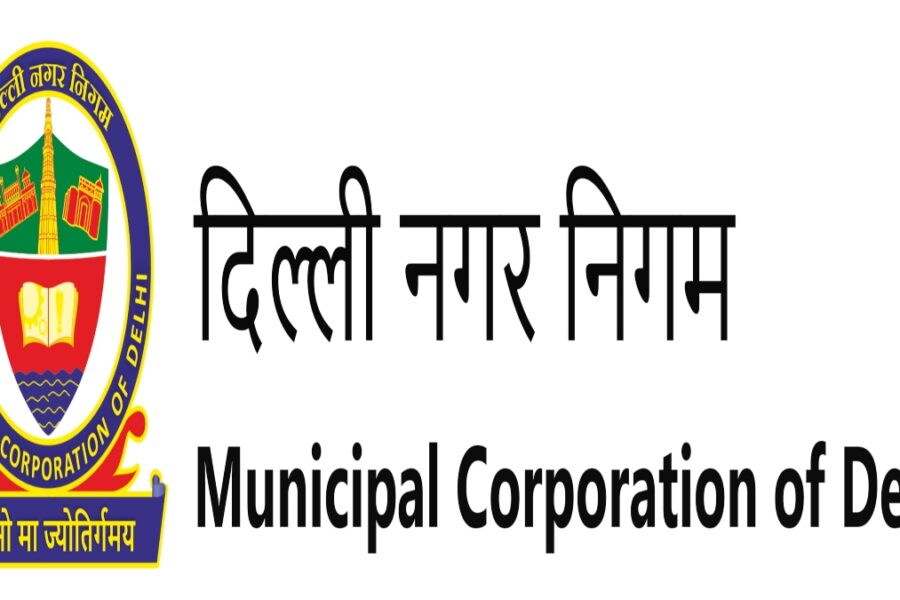A “tehbazari license” is a type of license issued by municipal authorities in India, particularly in urban areas, that permits individuals or entities to carry out vending activities, often in public spaces such as roadsides, footpaths, or markets. The term “tehbazari” is derived from the Urdu word “tehbazari,” which means hawking or street vending.
Legal Framework:
The regulation of vending activities, including the issuance of tehbazari licenses, falls within the purview of municipal laws and regulations in India. The relevant laws and sections may vary from one state to another and even among municipalities within the same state. However, certain overarching legal principles and provisions guide the issuance and regulation of tehbazari licenses.
Municipal Laws:
Most Indian cities and towns have municipal corporations or councils responsible for governing local affairs, including the regulation of vending activities. These bodies derive their authority from various legislations such as:
- The Municipal Corporation Act:
- Each state in India has its own Municipal Corporation Act, which outlines the powers and functions of municipal corporations. These acts often include provisions related to the regulation of street vending activities and the issuance of tehbazari licenses.
- The Municipal Bylaws:
- Municipal corporations often formulate bylaws or regulations specific to street vending and tehbazari licenses. These bylaws provide detailed procedures for obtaining licenses, as well as rules and regulations governing the conduct of street vendors.
Street Vendors (Protection of Livelihood and Regulation of Street Vending) Act, 2014:
In 2014, the Indian Parliament enacted the Street Vendors (Protection of Livelihood and Regulation of Street Vending) Act to regulate street vending activities and protect the rights of street vendors. This legislation provides a comprehensive framework for the regulation of tehbazari licenses and street vending in general. Key provisions of the Act include:
- Registration of Street Vendors:
- The Act mandates the formation of Town Vending Committees (TVCs) in every municipality to oversee the regulation of street vending. Street vendors are required to register with the TVC to be eligible for vending in designated vending zones.
- Vending Zones:
- The Act requires municipal authorities to demarcate vending zones where street vending is permitted. These zones are determined based on factors such as footfall, traffic flow, and the needs of both vendors and the public.
- Protection of Rights:
- The Act recognizes the right to carry out vending activities as a fundamental right and prohibits arbitrary eviction or harassment of street vendors. It also provides for the establishment of grievance redressal mechanisms to address disputes between vendors and authorities.
- Licensing:
- While the Act primarily focuses on registration rather than licensing, it empowers TVCs to issue certificates of vending to registered street vendors. These certificates serve as proof of registration and entitlement to vend in designated zones.
Process of Obtaining Tehbazari License:
The specific process for obtaining a tehbazari license may vary depending on the municipal laws and regulations applicable in a particular area. However, it typically involves the following steps:
- Application:
- The vendor submits an application for a tehbazari license to the designated municipal authority along with the required documents, which may include proof of identity, address, and business ownership.
- Verification:
- The municipal authority verifies the details provided in the application and conducts site inspections to assess the suitability of the proposed vending location.
- Fee Payment:
- The vendor pays the prescribed fee for the issuance of the tehbazari license, which may vary depending on factors such as the duration of the license and the location of the vending site.
- Issuance:
- Upon successful verification and fee payment, the municipal authority issues the tehbazari license to the vendor, permitting them to carry out vending activities in the designated area for the specified duration.
- Renewal:
- Tehbazari licenses are typically issued for a limited period, after which they must be renewed. Vendors are required to apply for renewal before the expiry of their existing license and undergo a similar verification process.
Regulation and Enforcement:
Municipal authorities are responsible for enforcing the provisions of tehbazari licenses and regulating street vending activities within their jurisdictions. This includes monitoring compliance with zoning regulations, ensuring adherence to health and safety standards, and taking action against unauthorized vending or violations of license conditions.
Conclusion:
In summary, a tehbazari license is a permit issued by municipal authorities in India that allows individuals or entities to engage in street vending activities. The regulation of tehbazari licenses is governed by municipal laws and regulations, as well as the Street Vendors (Protection of Livelihood and Regulation of Street Vending) Act, 2014. Obtaining a tehbazari license involves a formal application process, verification of details, payment of fees, and adherence to license conditions. Effective regulation and enforcement are essential for balancing the interests of vendors, the public, and municipal authorities in managing street vending activities.
Adv. Khanak Sharma


You are so cool! I do not suppose I’ve read through a single thing like this before. So wonderful to discover someone with some genuine thoughts on this subject matter. Seriously.. thank you for starting this up. This site is one thing that is needed on the web, someone with a bit of originality!